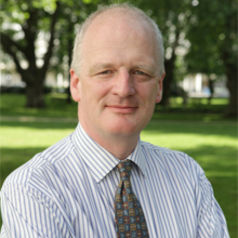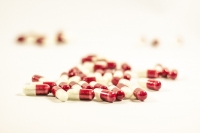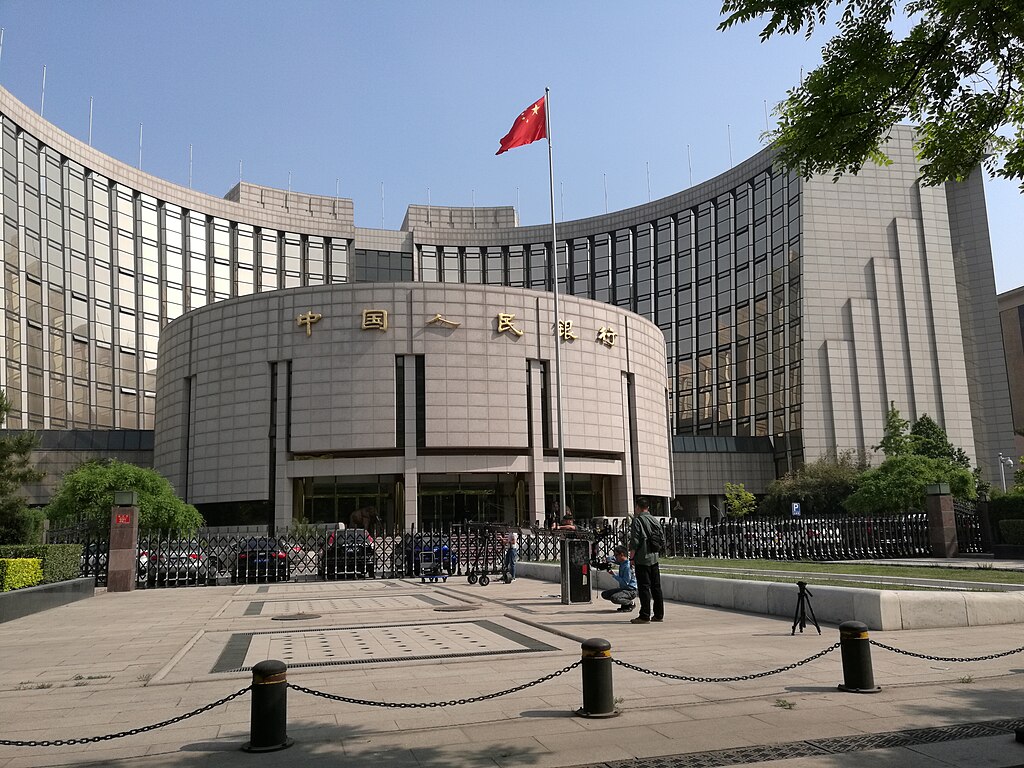
Andrew George
Andrew George was appointed Deputy Vice-Chancellor (Education and International) on 1 October 2013. He joined Brunel from Imperial College London where he was Professor of Molecular Immunology and Director of the Graduate School and the School of Professional Development.
Andrew George did his first degree at the University of Cambridge, before going on to the Tenovus Laboratories in the University of Southampton to do his PhD with Professor Freda Stevenson, developing a vaccine for B cell lymphoma. He was awarded a Beit Memorial Fellowship and stayed in Southampton for his first postdoctoral period, before going to Dr David Segal’s laboratory in the National Institutes of Health (NIH), Bethesda, USA, where he used recombinant techniques to generate novel antibody molecules. In 1992 he returned to the UK as a lecturer at the Royal Postgraduate Medical School, Hammersmith Hospital, which merged with Imperial College in 1997.
Andrew’s research has sought to understand and manipulate the immune system in order to treat disease, in particular to prevent the rejection of transplanted organs. He has also used mathematical models to understand how the immune system functions. In addition to his research, he has been involved in the ethical conduct and regulation of research. He is currently Chair of the UK’s National Research Ethics Advisors’ Panel and is on the Clinical Trials, Biologicals and Vaccines Expert Advisory Group for the Commission of Human Medicines/MHRA. He is a Governor of Richmond Adult Community College and the John Hampden School.

We should use placebos more often, especially in surgery
Mar 10, 2016 14:58 pm UTC| Health
Youre ill, probably scared, not sure of the future. Your doctor talks to you about your condition and says that, unfortunately, there are no effective treatments. However, she knows of a clinical trial for a new drug, and...
- Market Data



































